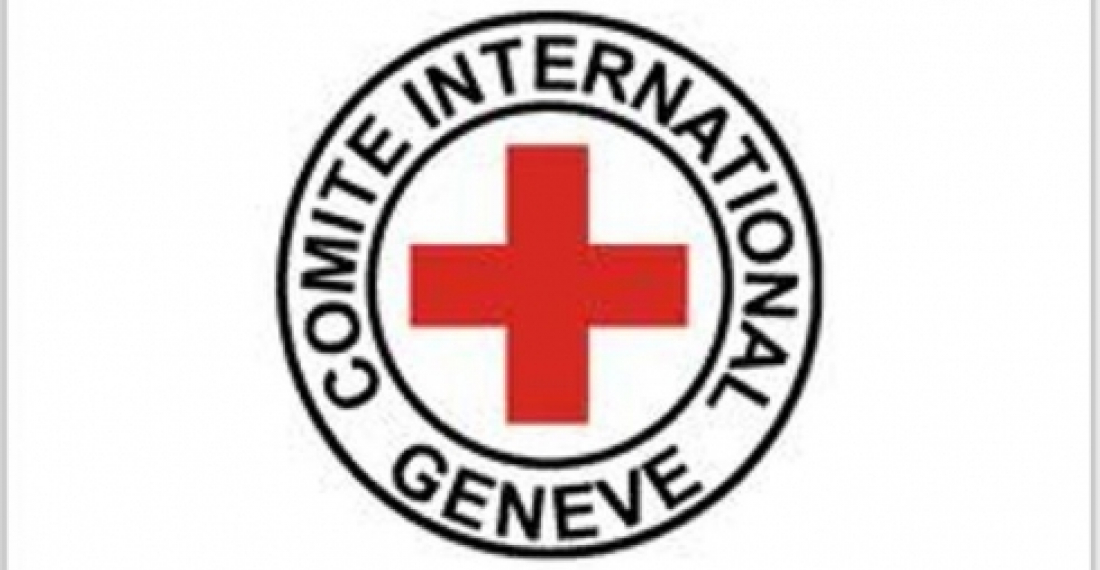Armenia has stated that it refuses to grant the status of "prisoner of war" to two Azerbaijani men that it has captured, and which it says were caught whilst committing sabotage in territory under its control.
The incident started on Friday when Armenian sources said they had repelled an Azerbaijani incursion near the town of Kalbajar, an area that has been under Armenian occupation since 1993, and that it had taken prisoners. It subsequently showed the pictures of an Azerbaijani man in civilian cloths who it said was one of those taken prisoner. On Monday Armenian sources claimed that they had captured a second Azerbaijani man who was involved in the incident. It also gave further details of what happened on Friday, saying that a three person Azerbaijani sabotage team tried to infiltrate the area arolund Khalbajar but was repelled. One of the intruders was killed, as was one Armenian soldier. The report also says that one Armenian woman was injured by the intruders, but the circumstances of that remain unclear.
On Monday, the Armenian Defence Ministry issued a statement in which it said that it was impossible to grant the captured men the status of prisoners of war since they do not fit the criteria under international law, and particularly Article 4 of the Geneva Convention relative to the Treatment of Prisoners of War which clearly defines persons who can be granted a POW status.The statement said there is clear evidence the persons captured were "a criminal group hired and used for diversion purposes by the Azerbaijani authorities." "The members of the diversionary team had no badges of rank. They grossly violated laws and traditions of war established by international law, violently and inhumanly attacking civilians," the statement added. The Defense Ministry Ministry statement says that those captured will be charged with illegally crossing the border, murder and attempted murder.
The situation provides a serious challenge to the International Committee of the Red Cross (ICRC) that for the last twenty years has conducted continuous activity to assist prisoners of war in the Nagorno-Karabakh conflict between Armenians and Azerbaijanis. The ICRC has organised a number of prisoner exchanges, and has regularly visited prisoners from the conflict. The ICRC is a well respected organisation in both Armenia and Azerbaijan for its humanitarian work, but the nature of this new incident will make its task more complicated. Officials from the organisation are understood to already be in contact with the sides on the matter, although there has not been any statement by the organisation yet.
source: commonspace.eu with agencies.







